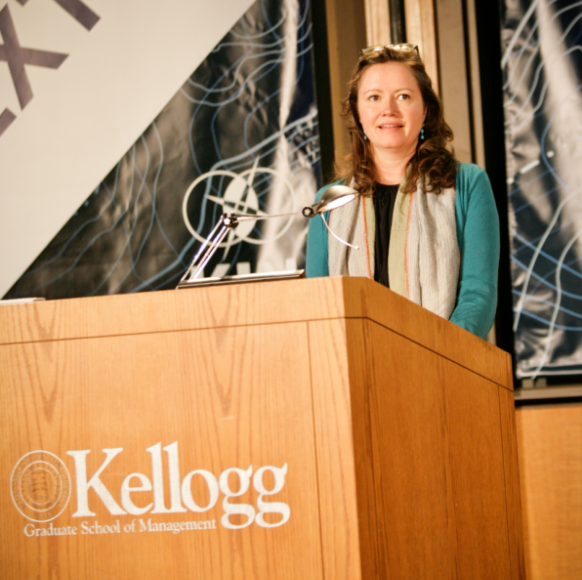
The Institute for State Effectiveness (ISE) stems from decades of cutting-edge work implementing change in-country, the study of best practices, and leading policy transformation in global organizations. The roots of ISE’s work are in a World Bank program in the late 1990s which aimed to improve country strategies and program implementation. It focused on building coalitions for reform, implementing large-scale policies, and training the next generation of development professionals to read country context and collaborate with local actors.
Based on experiences in a range of countries, including post-2001 Afghanistan, it became clear that getting reform right at the country level was not possible within the framework of existing aid policy. ISE was founded in 2006, with a mission to understand the constraints and challenges of the aid system, and to identify the approaches and methods that work to promote security, economic, and social development. The team set out to study challenges in countries from East Timor, Haiti, and Kenya to Kosovo, Nepal, Sudan, and Uganda. They also began to study stories of successful transitions from East Asia to Europe, Africa, and South and Central America. These observations led to the creation of a framework for understanding state functions and the balance between governments, markets, and people. ISE’s findings were published in the widely-reviewed book Fixing Failed States (2008).
ISE was formed as a result of these journeys, in response to demands from leaders and managers across the world for pragmatic, actionable and accessible tools, frameworks, and support as they confronted the challenges and opportunities in their own countries. Over the next years, the team built out a knowledge base and a global network of advisors and next-generation fellows. In 2011, ISE co-founder Dr. Ashraf Ghani returned to his homeland of Afghanistan to lead the Afghan Transition Team, and in January 2013 stepped down from ISE, prior to his election in 2014 as President of Afghanistan. Clare Lockhart has continued to expand ISE’s professional team, accelerate research, theory and impact at ISE, and mentor and support the next generation of leaders. ISE has worked in over 21 countries and is frequently called upon to assess, design and advise on a range of challenges.
